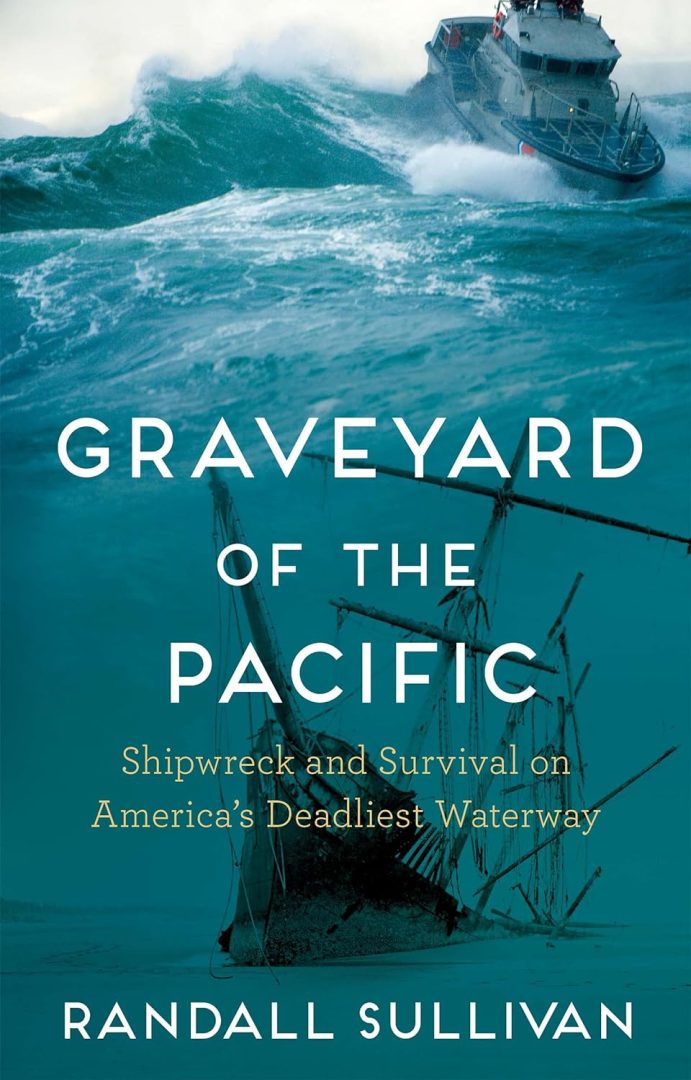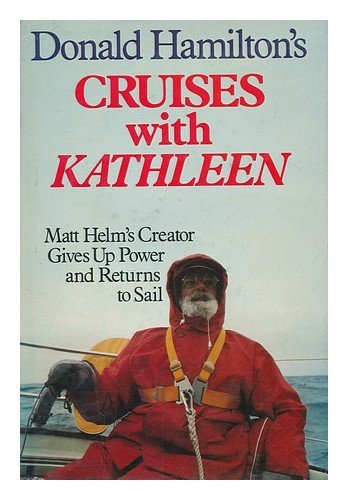BY ROBERT TOWNSEND, (ODYSSEY PUBLISHING, 2002;186 PAGES; $22.95)
REVIEWED BY SUSAN PETERSON
While the romance of Mother Ocean is undeniable, much modern-day yachting takes place on freshwater. Of the top 10 states for registered pleasurecraft, six are Great Lakes states with Michigan ranked No. 1. Yet Great Lakes sailing stories have generally made up only a small portion of sailing literature and much of that amount seems concerned with wrecks and catastrophe. Robert Townsend’s highly readable recent work, Captain John Williams Master Mariner , is a delightful breath of cool air off the lakes.
This history follows the career of Captain Johnny from his first trip at age nine in 1866 to his last crossing of Lake Ontario in 1936. It is based on C. H. J. Snider’s lively weekly newspaper column “Schooner Days,” lightly edited and compiled in book form. It is a fascinating portrait of daily life in commercial sail at a time when small family-owned schooners played a role in commerce much like today’s independent truckers.
Williams was skillful and a quick study who made the transition to steam and command of a corporate-owned bulk carrier, but most of the book concerns his various schooners. Williams never lost a man or a vessel during his years of command, but he knew of others who did, and some of their first-hand accounts illustrate how hazardous and challenging the relatively close quarters of the Great Lakes were to navigation in un-powered vessels during the months of November and December.
But most of the book concerns itself with a time when the Great Lakes waterfront was a lively place inhabited by colorful characters and their vessels. You ‘ll meet the hard steering Speedwell (which demanded a three-point sheer from her course as a regular thing and four points on Sundays), the trim two-masted Duncan City which survived a wild night and a blizzard off Toronto, and the hard working Sir C.T. Straubenzee ( known generally as the Benzy), and the men who sailed them. This was a time when the independent entrepreneurs who often owned and commanded their ships needed ingenuity, bold action, and a lot of hard work to make a profit year after year as Williams did. His adventures and solutions to problems make for a great winter read as the gales of November hammer the shores of the Great Lakes.












